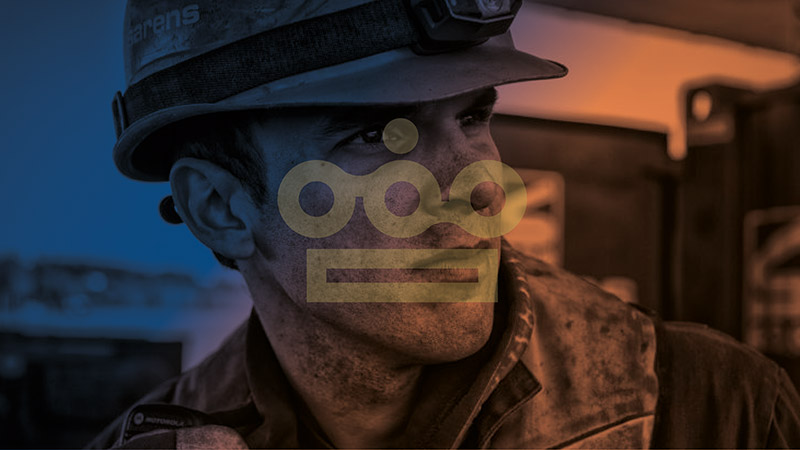
The banners seemed like a good idea at first: they were attached on both sides of the main boom of our CKE4000 crane and proclaimed “SAFETY FIRST” in big, bold letters. This message would be a reminder of how much we valued safety.
In this regard, the banners were a huge success–though not in the way our client had anticipated!
That’s because our site manager immediately recognised that the “SAFETY FIRST” banners were actually a safety hazard. When attached to the lowered boom, it was clear that they were much bigger than expected and not made from the correct fabric for construction banners. They would create wind drag, and this could damage the banners or worse, the boom. In the worst case scenario, they could even cause the crane to fall.
The site manager immediately contacted our HQ crane specialist, who confirmed the risks: “I would advise to have the banners removed from the boom as a ‘SAFETY FIRST’ precaution.”
The banners were on the main boom of a luffer combination, and as long as the boom was on a steep 85° angle the additional moment induced by the wind on the slewing gear would not be too significant. However, during boom erection and lay down, the maximum allowable wind speed would have to be reduced, and in the case of strong winds, the boom system would have to be lowered earlier than advised by the crane manufacturer.
We decided not to take those risks, and the banners came off.
This story is just one example of how we always try to stay alert to safety hazards, and are constantly evaluating and re-evaluating the situation on the ground to keep our equipment and our people safe.
At Sarens, we’re proud of a culture that empowers our employees to Stop and Consult whenever they suspect a problem. This culture is exactly why our site manager could reach out to HQ and raise concerns about the banners, eventually leading to their removal.
Sarens has a range of proactive measures in place to ensure the safety and health of our staff, as well as third parties and visitors to our job sites. Everything we do is based on a clear SHEQ Policy drawn up by our CEO, Wim Sarens. Unlike at other companies, our SHEQ policy is found in every single meeting room and staff container at each yard or job site worldwide.
We also train each of our employees on the Sarens 10 Life-Saving Rules, designed to prevent incidents and accidents from occurring. This is part of an extended SHEQ introduction where we focus on the principle of “First look, see, think, and then act”–not the other way around.
For example, we insist that even after a “start work” meeting, when risk analyses have been discussed in detail, the last step is always a personal Last Minute Risk Analysis (LRA). During this final check, the operator verifies that all safety measures have indeed been respected and that work can proceed safely.
If the operator concludes that this is not the case, or that the situation has changed, he or she is obliged to use the Stop and Consult procedure and halt operations until a supervisor is consulted and a solution implemented. Of course, Sarens would not be Sarens if we could not find a safe solution to every situation, and that’s exactly what we strive to do in each case!
Our clear, readily-available SHEQ policy, intensive SHEQ training, 10 Life-Saving Rules, and Stop and Consult proceduredistinguish us from our peers in the industry. Of course, on top of these safety measures, our operators and site supervisors also possess the necessary certificates, knowledge, and experience to perform their jobs correctly and professionally.
At Sarens, our motto is “nothing too heavy, nothing too high”, and to this we also apply the following rule: “If we cannot do it in a safe way, we will not do it anyway.”